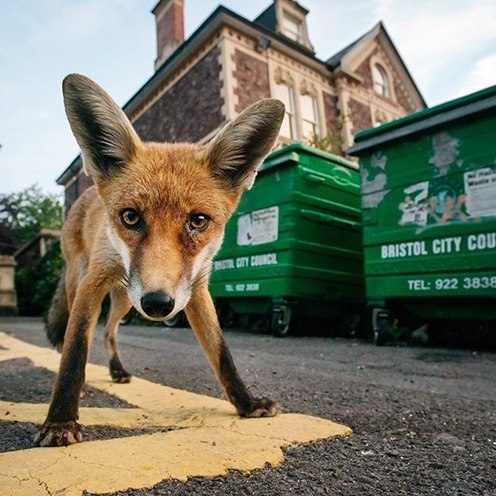Green Infrastructure and Urban Wildlife
Toward a Politics of Sight
DOI:
https://doi.org/10.52537/humanimalia.9479Abstract
As a result of urban greening initiatives, urban ecologies have become surprisingly hospitable to wildlife. Such initiatives, however, seldom actively imagine the city as wildlife habitat, nor are they particularly intentional about its design. Even so, wild animals have taken advantage of these friendly spaces. Yet the legitimacy of their presence in urban settings often remains precarious. Insofar as green infrastructure development is responsible for the proliferation of wildlife, it calls for a reckoning with the question of whether cities that are teeming with wildlife are also cities for wildlife; and, to the extent they are not, for theorizing forms of human-wildlife coexistence that can better accommodate this abundance. To this end, I examine how practices of cultural engagement with wild animals that seek to visualize their lives as fellow city dwellers might help cultivate imaginaries of city life as more inclusive of wild animals.
Downloads

Published
Issue
Section
License
Copyright (c) 2021 Christian Hunold

This work is licensed under a Creative Commons Attribution-NonCommercial 4.0 International License.









